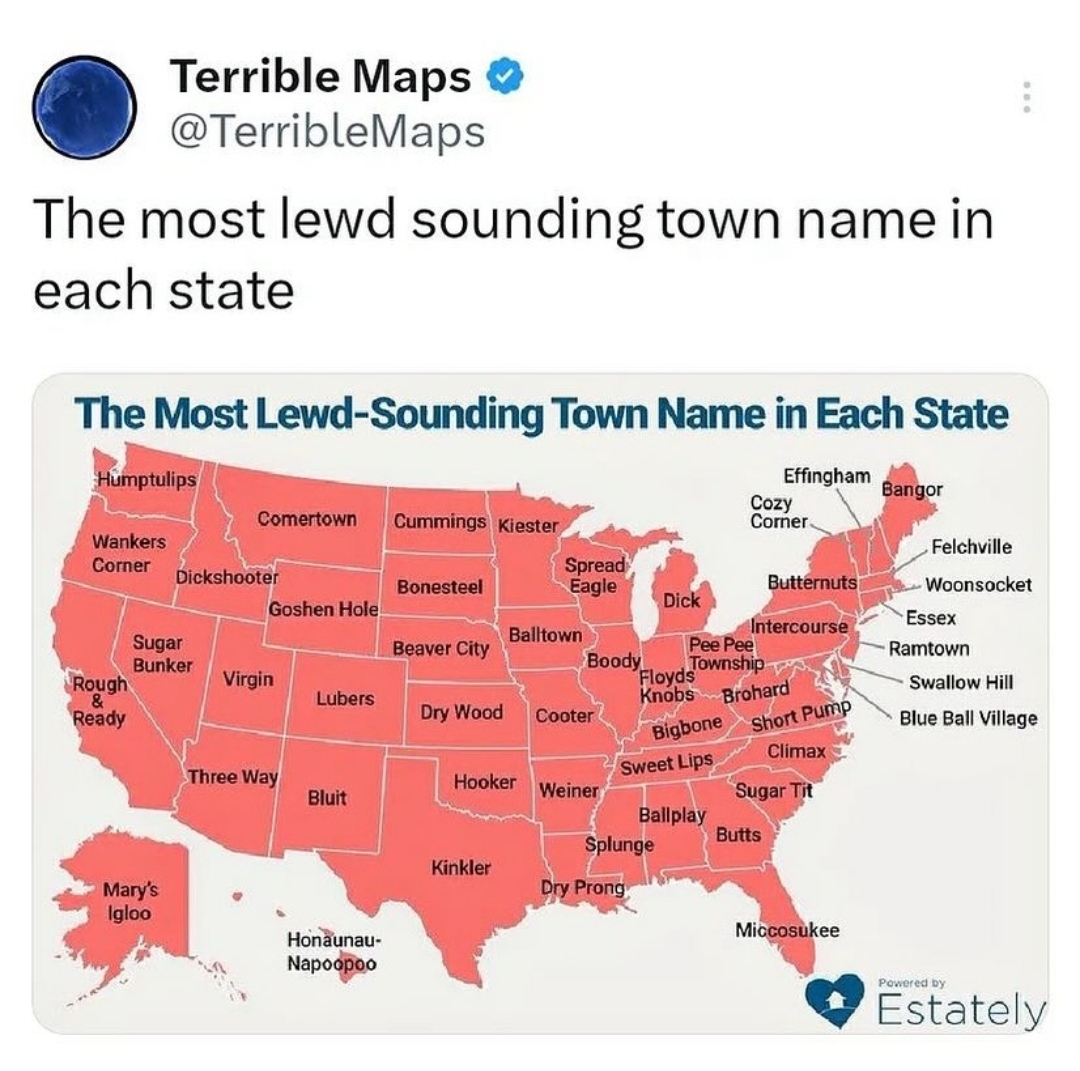this post was submitted on 04 Dec 2023
345 points (100.0% liked)
196
17516 readers
323 users here now
Be sure to follow the rule before you head out.
Rule: You must post before you leave.
Other rules
Behavior rules:
- No bigotry (transphobia, racism, etc…)
- No genocide denial
- No support for authoritarian behaviour (incl. Tankies)
- No namecalling
- Accounts from lemmygrad.ml, threads.net, or hexbear.net are held to higher standards
- Other things seen as cleary bad
Posting rules:
- No AI generated content (DALL-E etc…)
- No advertisements
- No gore / violence
- Mutual aid posts are not allowed
NSFW: NSFW content is permitted but it must be tagged and have content warnings. Anything that doesn't adhere to this will be removed. Content warnings should be added like: [penis], [explicit description of sex]. Non-sexualized breasts of any gender are not considered inappropriate and therefore do not need to be blurred/tagged.
If you have any questions, feel free to contact us on our matrix channel or email.
Other 196's:
founded 2 years ago
MODERATORS
you are viewing a single comment's thread
view the rest of the comments
view the rest of the comments

Right.
Leaving out the ʻokina and kahakō changes the sound significantly. The ʻokina represents a glottal stop, the sound in the middle of "uh-oh". In Hawaiian, it's a letter of the alphabet. The kahakō (macron, the horizontal line over a vowel) means the vowel is long - as in pronounced for a beat longer. What we call long and short vowels in English should be considered different vowels because they are different sounds.
Hōnaunau-Nāpōʻopʻo
Is
Hohh nah oo nah oo Nahh pohh ohp oh
It's hard to transcribe, I hope that's of interest to someone. He haumana a ʻōlelo Hawaiʻi au. I'm still early in my learning.